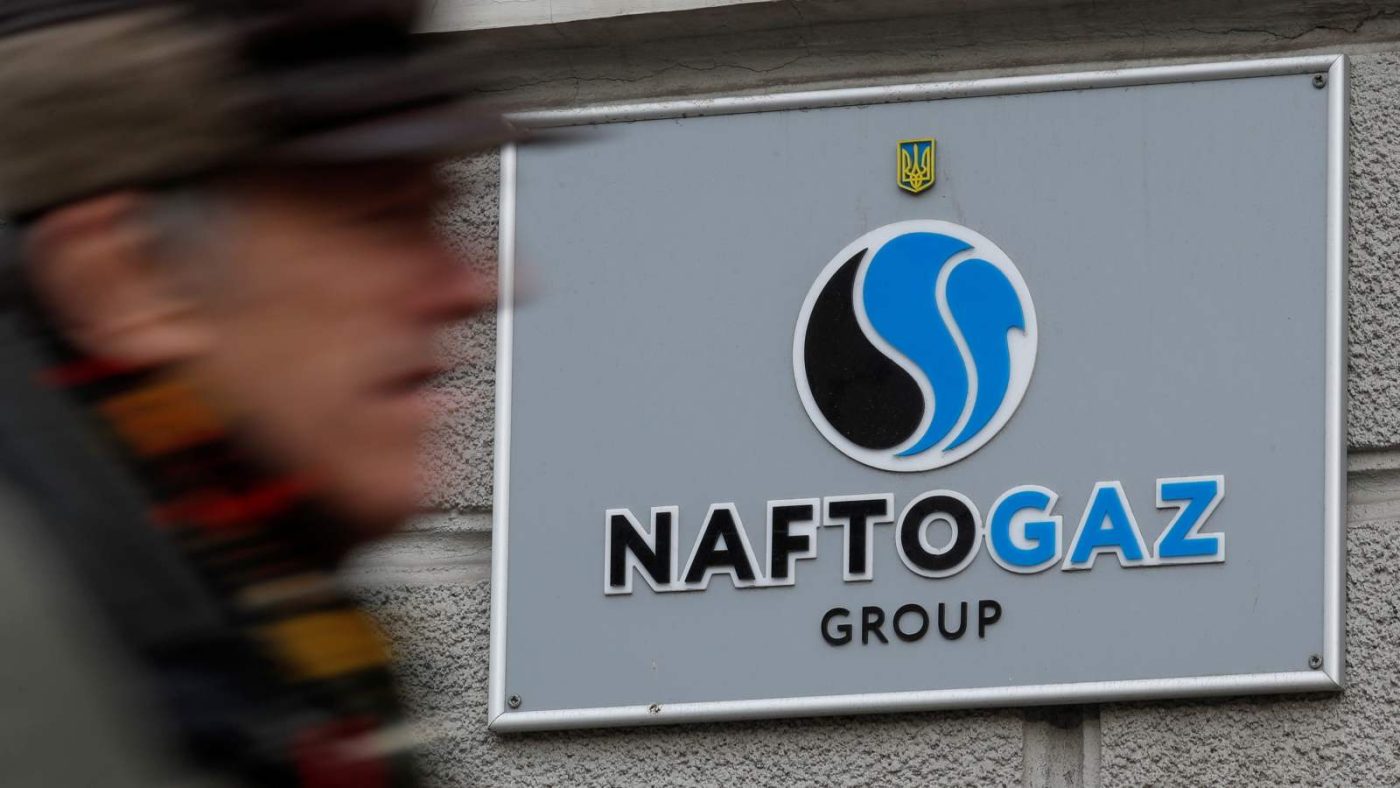The decision of the Ukrainian government to suspend the Supervisory Board of Naftogaz for two days on April 28 and then use that period to fire Chief Executive Andriy Kobolyev counts as one of the worst “shooting yourself in the foot” moments since the Maidan Revolution in 2013-14.
The decision has upended seven years of successful reform of the gas sector, which has transformed Naftogaz, made it a regular taxpayer into the state budget, introduced competition, and squeezed out corruption.
The government has now appointed a new CEO, Yuri Vitrenko who as Acting Energy Minister actively participated in the regulation of Naftogaz. However, under Article 26 (1) of Ukraine’s law on the prevention of corruption, persons who regulate an entity cannot be appointed to its board for one year. Even more damaging, Article 26(2) provides that business transactions taken in violation of Article 26(1) may be invalidated. Kyiv may therefore have lumbered itself with a CEO who is effectively commercially neutered.
Amidst this chaos the U.S., UK, and EU should seek to make it clear to Kyiv that one of the pillars of economic reform is good governance amongst the State-Owned Enterprises (SOEs). And that governance reform has to remain a top priority. This means tough regulation ensuring the independence and effective operation of supervisory boards in the SOE sector, and the restoration of Kobolyev and the Naftogaz supervisory board for a year to organize a planned and lawful succession.
In 2016, the Ukrainian government committed in the Gas Sector Reform Action Plan to a thoroughgoing reform of the Ukrainian gas sector. That reform process would follow closely the EU’s energy liberalization model. Part of the EU approach provides for robust corporate governance, with executive boards subject to an independent supervisory board. This commitment underpinned loan agreements with the European Bank for Reconstruction and Development (EBRD). This commitment to corporate governance was part of the process to bring Ukraine closer to the EU and along the path toward accession. From an energy security perspective, high-quality corporate governance in Naftogaz reassured European suppliers of the reliability of Ukraine as a transit country. It also helped underpin the confidence of investors to enter the domestic gas market, and use Ukrainian storage facilities.
In addition, Ukraine’s EU-level compliance with corporate governance in the gas sector undermined Russian claims of Ukrainian unreliability as a transit country. Ukraine could always retort that it had established EU-level governance, unbundled its gas market, and opened up to full competition, something that Gazprom had never done. This was an effective response in particular to the claims of “Ukrainian unreliability” in the debate over Nord Stream 2.
Therefore on 28 April when the Prime Minister of Ukraine acted to remove Kobolyev, he really was undoing the reforms so painfully achieved. He also abrogated the commitments Ukraine had made to the EBRD and the broader international community and undermined Ukraine as a transit country along with its supply security.
It is also far from clear that the appointment of Vitrenko as CEO is lawful. It is true that the Economy Ministry has supervisory authority over Naftogaz, but for the reasons set out above it is more than possible that the appointment is invalid and that any decisions taken by the new appointee may also be invalid.
The nightmare for the government in Kyiv is that for all its legal manipulation of the regulatory process, it is trying to appoint a CEO who will be commercially neutered from the start. What corporate or financial entity will contract with a Naftogaz where any deal authorized by the CEO could be rendered invalid? Some loopholes could be found, for example, running contracts via a subsidiary, but no credible counterparty would really countenance such maneuvering.
There is also a broader point. For some time the independent supervisory boards of the Ukrainian SOEs have been under attack. Across the principal 13 SOEs with supervisory boards, board members have remained unpaid and denied director liability insurance. They have seen the government undermine the operations of their SOE’s with manipulated tariffs and unjustified taxes. The summary dismissal in June 2020 of one of the authors of EU energy liberalization Walter Boltz as chair of MGU, the supervisory entity for GTSO the Ukrainian transmission system operators was in retrospective a canary in the coal mine moment for corporate governance in Ukraine.
The question, therefore, is what do Ukraine’s Western backers, along with international financial institutions, do now? There is a compelling argument for the international community to grasp this moment of crisis and seek to propel reform forward despite this setback.
First, they should press Ukraine to enact a general regulation protecting the supervisory boards of the SOEs. This would include a transparent process of appointment and dismissal; an obligation to furnish liability insurance and to comply with agreed employment terms, and also an obligation not to frustrate the reform process. This would be backed up by a surveillance committee composed of both Ukrainian and international members able to oversee dismissals and appointments. Second, Kobolyev and the Naftogaz supervisory board should be confirmed in office for a further year while a planned and organized succession process is put in place.




